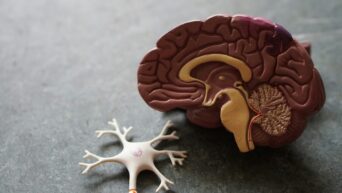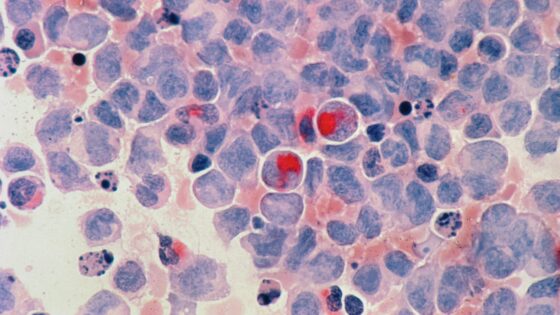How frustrating is it that when you think you are eating something healthy, you turn around and the news is saying something bad about it?
It is nearly impossible to know exactly what is best for your body and what isn’t. But, science, as always, is trying to help sort this mystery out.
Most of the chronic illnesses that we have in this world can be prevented by a change in our eating lifestyle. But, in many instances, there really is no one-size-fits-all diet that works for everyone. So, what should we try to consume to help our bodies function properly?
Researchers say, overwhelmingly, that food that comes from the ground is absolutely the best for us. They suggest that more than 75% of what we eat should contain vegetables, fruits, and whole grains. Our body needs certain nutrients to keep our organs healthy and bones strong. These kinds of diets are also more sustainable due to the high energy inputs and environmental growth of livestock.
The problem is that there are so many fad diets that are endorsed by celebrities and athletes. We immediately see that and want to jump on board. If it worked for them, it will definitely work for me, right?
A lot of people also get frustrated with the high cost of eating healthy. If we are supposed to be eating healthy, then why are those foods the most expensive? For people with a low income, it is much easier to purchase junk food products because it is cheaper. As a result, people tend to pass on buying the essential fruits and vegetables that we need.
Whatever your thoughts are on dieting, fruits and vegetables need to be a part of your life. Everyone should have a look at “My Plate” to see what our daily nutritional plate should look like. It shows you exactly what your body should consume on a daily basis. So, if you’re stuck with where to start, be sure to start in the fruits and vegetables aisle!































